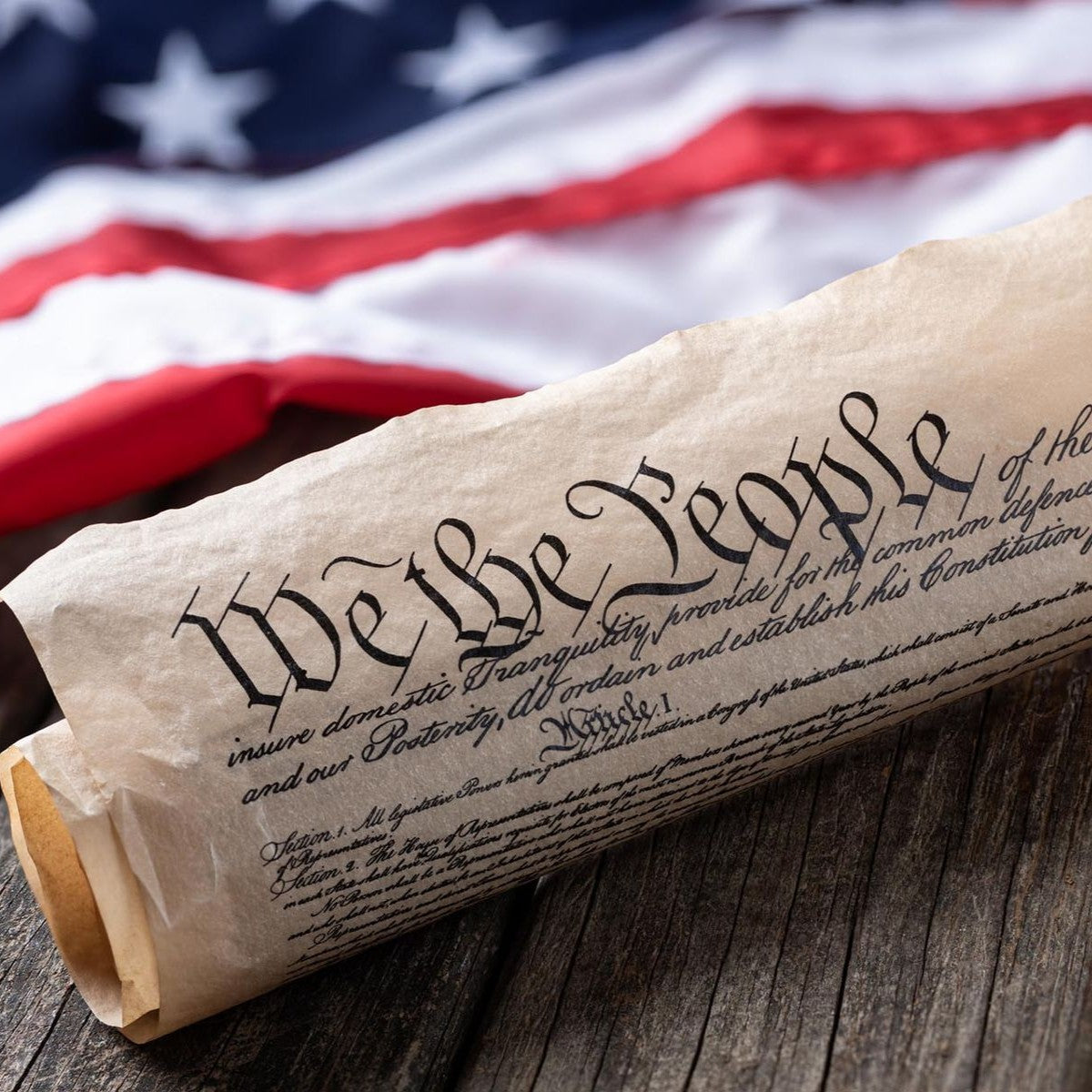
Police Quotas are Real - Just Ask an Honest Police Officer
David Walton
May 23, 2025
Police quotas, known more formally as departmental standards, involve the practice of setting specific targets for arrests, citations, or stops within our communities. Prioritizing quantity over genuine public safety is intended to demonstrate productivity or effectiveness. Where officers meet or exceed their quotas are often awarded pizza, barbeque, and gift cards; departmental standards result in unnecessary or unjustified engagement with the public which often results in unfair and unlawful enforcement actions that harm the innocent.
Police Quotas are Real
For anyone who would deny the existence of police quotas, simply ask an honest police officer. In this YouTube video, 10 New York Police Department officers go on a local television station blow the whistle what they describe as unlawful departmental standards. The Brennan Center for Justice (“BC”) put it flatly, “Police quotas don’t make communities safer — they prevent officers from focusing on larger public safety issues.” BC’s research illustrates that police quotas divert attention from authentic safety concerns, incentivizing officers to target minor infractions to meet departmental expectations. This misalignment between quotas and genuine public safety needs ultimately deteriorates community relations and compromises civil liberties.
More Stops ≠ Less Crime
Quota-driven practices lower the threshold for police engagement. Officers facing pressure to meet arbitrary standards may initiate stops or searches without any reasonable justification. This not only escalates tensions because such policies tend to make criminals out of law-abiding citizens, but it undermines trust between law enforcement and the communities they serve.
Poor Communities are Easy Targets
Economically disadvantaged communities bear the brunt of these practices. Residents in poorer neighborhoods are less likely to possess the resources needed to challenge unjust citations or arrests effectively. Consequently, they're often more vulnerable to exploitation by quota-driven policies, perpetuating cycles of poverty, disenfranchisement, and mistrust toward law enforcement.
Good old-fashioned Police Work
Good old-fashioned police work must operate on foundations of reasonable suspicion and physical evidence and not feelings, implicit bias, or fishing expeditions. Public safety should never be reduced to arbitrary numerical targets. Instead, law enforcement strategies must prioritize meaningful, justified, and community-oriented interactions.
Admitting There is a Problem
The first step towards reforming the use of police quotas is for local law-enforcement agencies to acknowledge that they really do exist and do little to promote public safety. Until that happens, police effectiveness will continue to be measured by an insatiable appetite to stop, ticket, search and arrest civilians who overwhelmingly are not involved in violent or illicit activities. ~
← Older Post Newer Post →


4 comments
Trudie / Jun 02, 2025 at 17:17
I never received my confirmation code after updating the app. Would it be possible to resend it?
R. Dollar / May 31, 2025 at 22:41
I really wish and hope that all bad law enforcement is faced with a life or death situation and Karma doesn’t allow life! THAT’S JUSTICE for anyone willing to ruin someone’s life.
F. Durham / May 31, 2025 at 16:49
There are a few good cops still on police forces, but they are afraid to stand up to the tyranny of fellow officers. The reason is simply, when these good officers need backup, the bad cops will respond slowly or not at all. This was stated to me by a good cop that was afraid. I went to jail for a traffic violation @ 67 yo, not DUI, as I refused to give money to the government for the Panos kangeroo court in Dekalb GA. I met a lot of good people in jail that should not have been there. The police target those they know do not have the financial means to hire proper lawyers and must rely on useless public defenders. In the Panos courtroom, perjury by cops is allowed.
Michael T / May 24, 2025 at 09:32
They are really about to have a fit over the recent Barnes v. Felix Decision. At About the same time, Alabama passed a new “ law” of “extra “ protection for the blue gang.